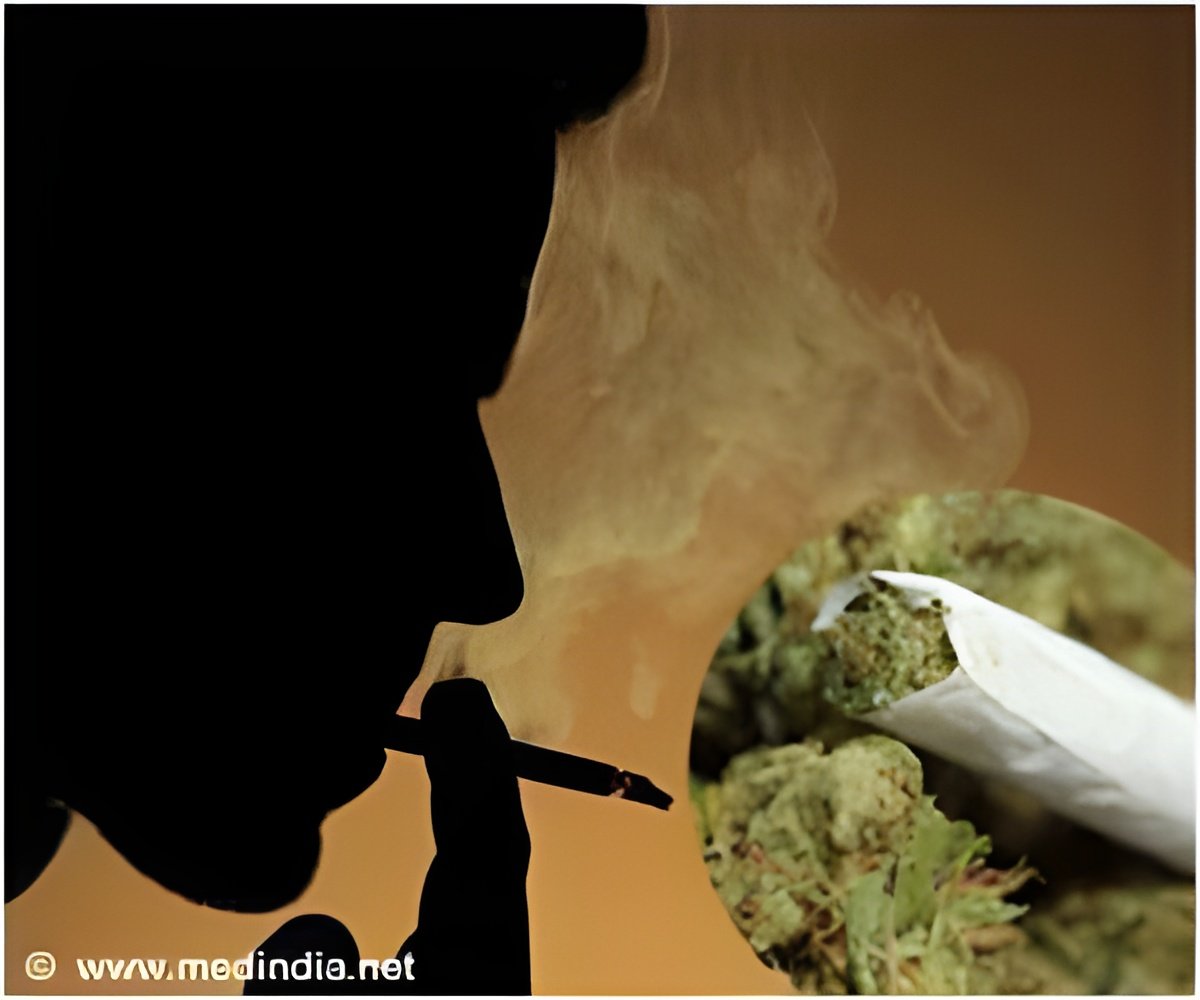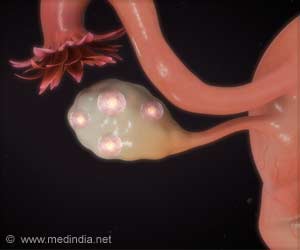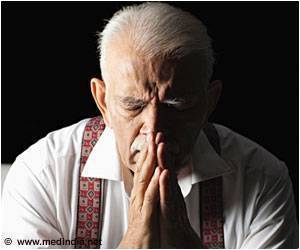Risk of psychosis looms large if you take highly potent cannabis every day, finds a new study.

- The study is the first to show the impact of cannabis use on population rates of psychosis, highlighting the potential public health impact of changes to cannabis legislation.
- Link with psychosis was strongest in London and Amsterdam, where high potency cannabis is commonly available
- In Amsterdam, an estimated 5 in 10 new cases of psychosis are linked with high potency use; in London, an estimated 3 in 10 new cases are linked with high potency use.
‘The use of cannabis with a high concentration of THC has more harmful effects on mental health than the use of weaker forms.’





Many countries have legalized or decriminalized cannabis use, leading to concerns that this might result in an increase in cannabis use and associated harms. Observational studies and biological evidence support a causal link between cannabis use and psychosis, but until now, it has been unclear whether, at a population level, patterns of cannabis use influence rates of psychosis.Dr Marta Di Forti, lead author from the Institute of Psychiatry, Psychology, and Neuroscience at King’s College London, UK, says: "Our findings are consistent with previous studies showing that the use of cannabis with a high concentration of THC has more harmful effects on mental health than the use of weaker forms. They also indicate for the first time how cannabis use affects the incidence of psychotic disorder at a population level."
"As the legal status of cannabis changes in many countries and states, and as we consider the medicinal properties of some types of cannabis, it is of vital public health importance that we also consider the potential adverse effects that are associated with daily cannabis use, especially high potency varieties."
The new study looked at 11 sites across Europe (and one in Brazil) [2]. First, the researchers estimated the prevalence of psychosis by identifying all individuals with first episode psychosis who presented to mental health services between 2010 and 2015. Secondly, they compared 901 patients with the first episode of psychosis with 1,237 healthy matched controls to understand the risk factors associated with psychosis.
The researchers collected information about participants’ history of cannabis use and other recreational drugs. Using published data on levels of delta-6-tetrahydrocannabinol (THC), they estimated cannabis potency for the types of cannabis used by participants, and classified types as either high potency (over 10% THC) or low potency (under 10% THC).
Advertisement
Once adjusted for other factors, the authors found that across the 11 sites, people who used cannabis on a daily basis were three times more likely to have a diagnosis of first episode psychosis, compared with people who had never used cannabis. This increased to five times more likely for daily use of high potency cannabis.
Advertisement
Use of high potency cannabis was a strong predictor of psychotic disorder in Amsterdam and London, where high potency cannabis is widely available. In the Netherlands, the THC content reaches up to 67% in Nederhasj, and 22% in Nederwiet; in London, skunk-like cannabis (average THC 14%) represents 94% of the street market, whereas, in countries like Italy, France, and Spain, herbal types of cannabis with THC content of less than 10% were still commonly used.
For example, in Amsterdam, four in 10 (43.8%) new cases of psychosis were estimated to be linked to daily cannabis use, and 5 in 10 (50.3%) new cases linked to high potency use [3]. Corresponding rates in London were 21.0% for daily use, and 30.3% for high potency use.
If high potency cannabis were no longer available, the incidence of psychosis in Amsterdam would be expected to drop from 37.9 to 18.8 per 100,000 people per year; and in London from 45.7 to 31.9 per 100,000 people per year.
The authors note that the data on cannabis use was not validated by biological measures such as urine, blood or hair samples. But they note that the cut-off of 10% THC for potency is conservative. The estimates on potency also do not include the proportion of cannabidiol (CBD), another important component of cannabis.
Writing in a linked Comment, Dr. Suzanne H Gage, University of Liverpool (UK), asks whether we can now be sure that daily and high potency cannabis use causes psychosis. "Unfortunately, not all the evidence utilizing different methods is consistent about causality... It is perfectly possible that the association between cannabis and psychosis is bidirectional. [This study] adds a new and novel study design to the evidence available, which consistently indicates that for some individuals there is an increased risk of psychosis resulting from daily use of high potency cannabis. Given the changing legal status of cannabis across the world, and the associated potential for an increase in use, the next priority is to identify which individuals are at risk from daily potent cannabis use, and to develop educational strategies and interventions to mitigate this."
Source-Eurekalert














